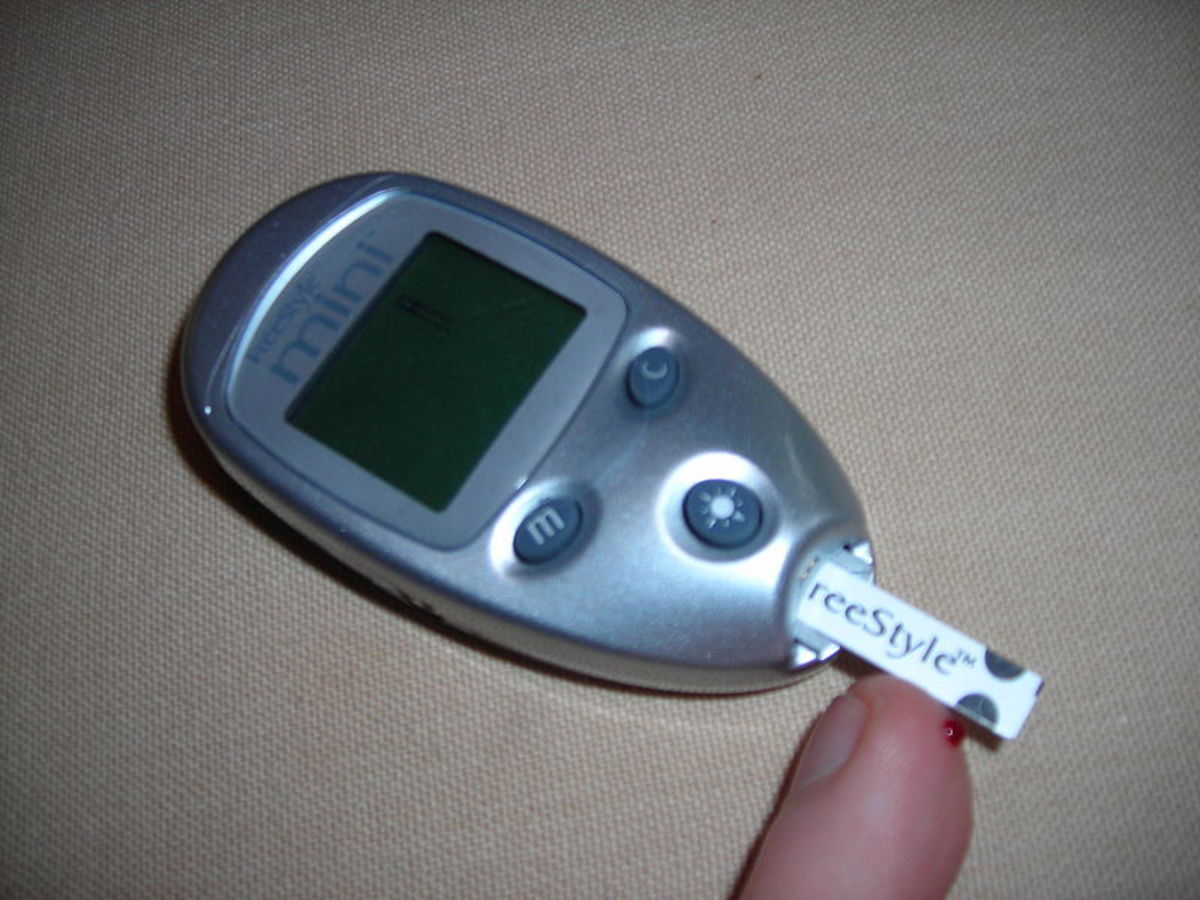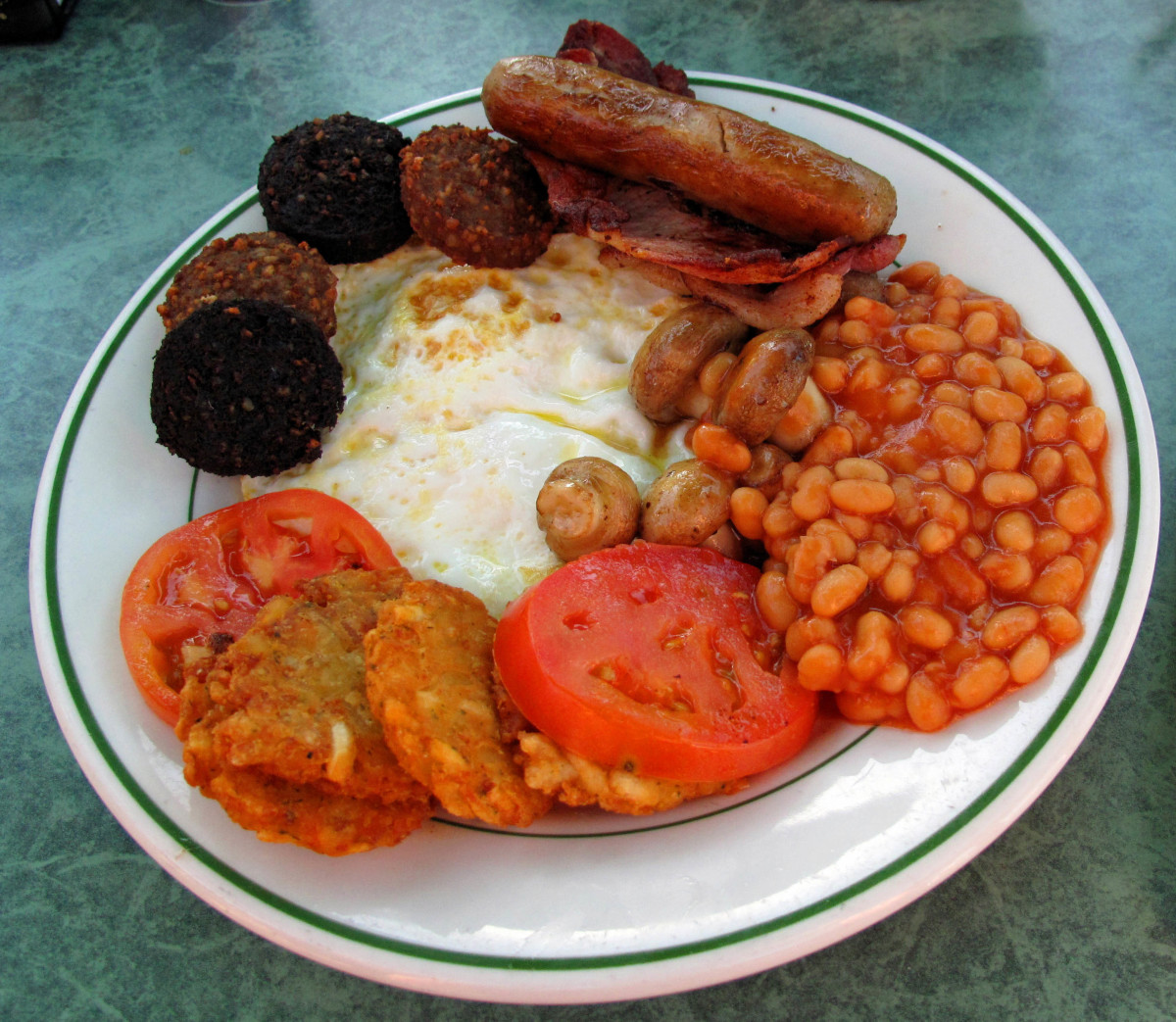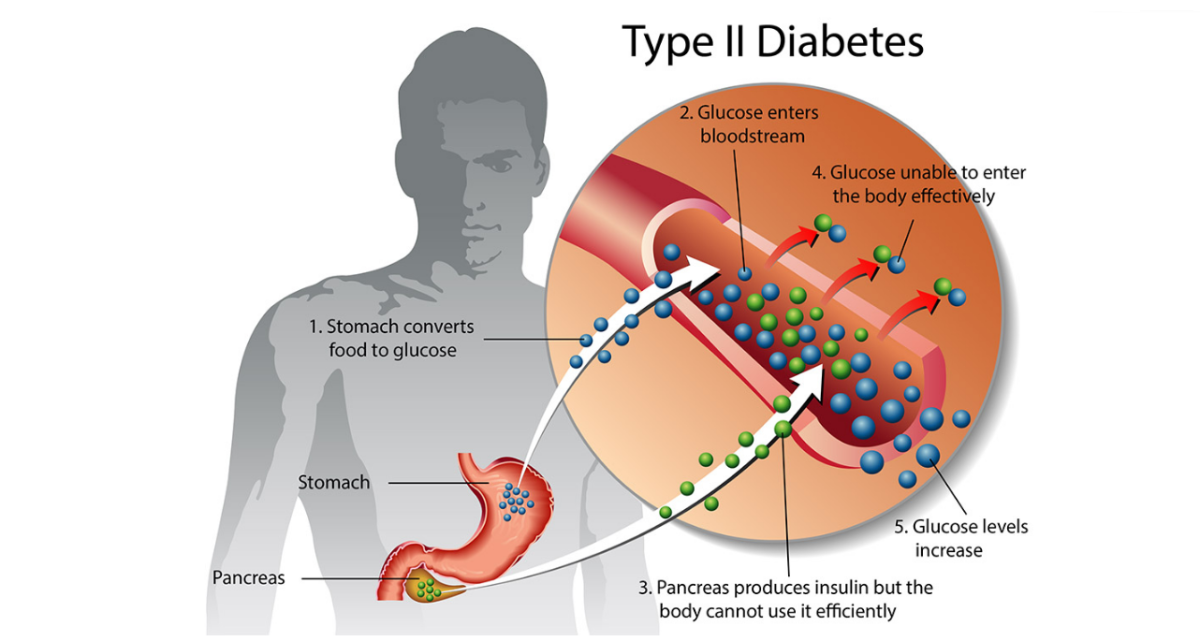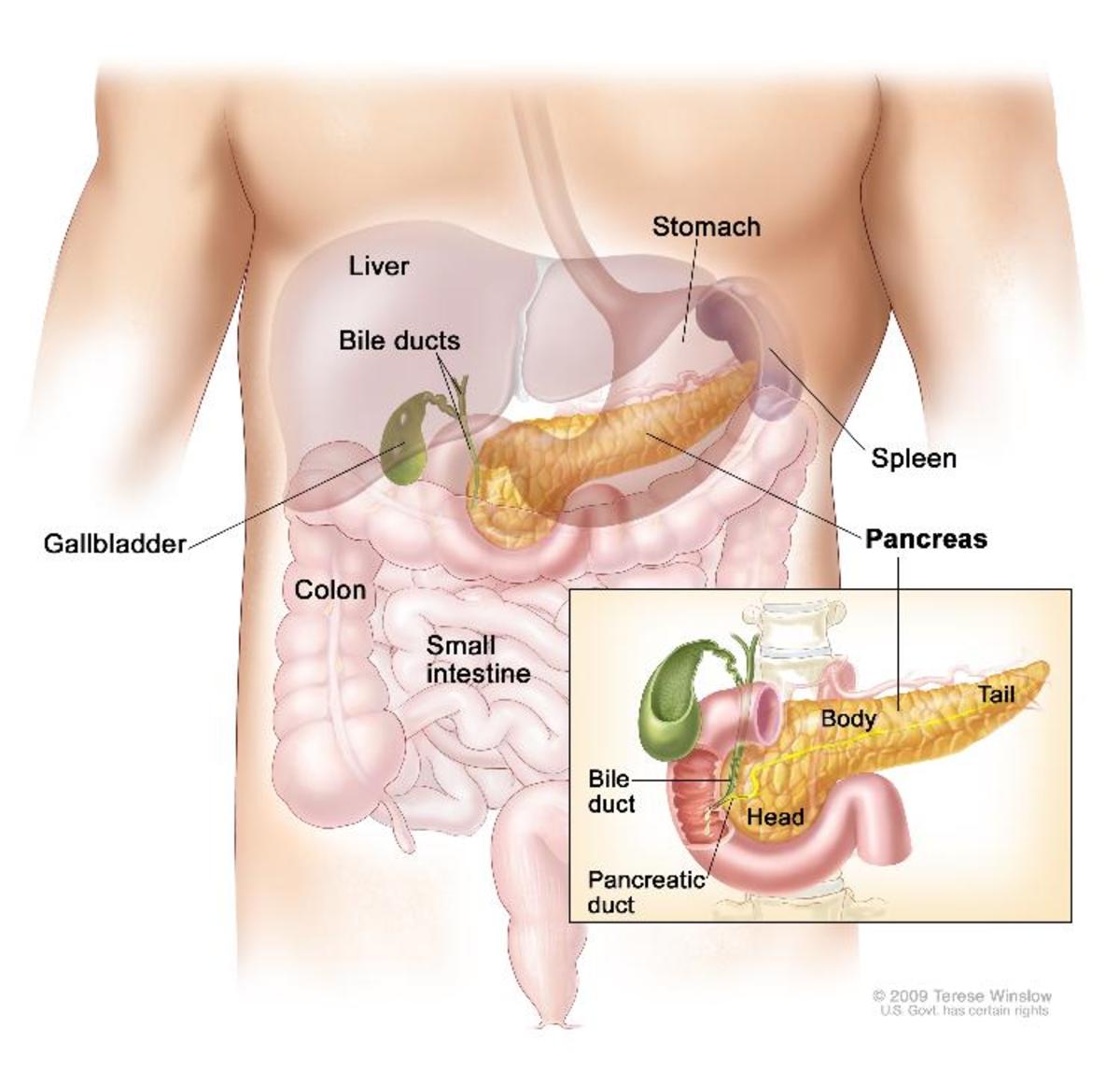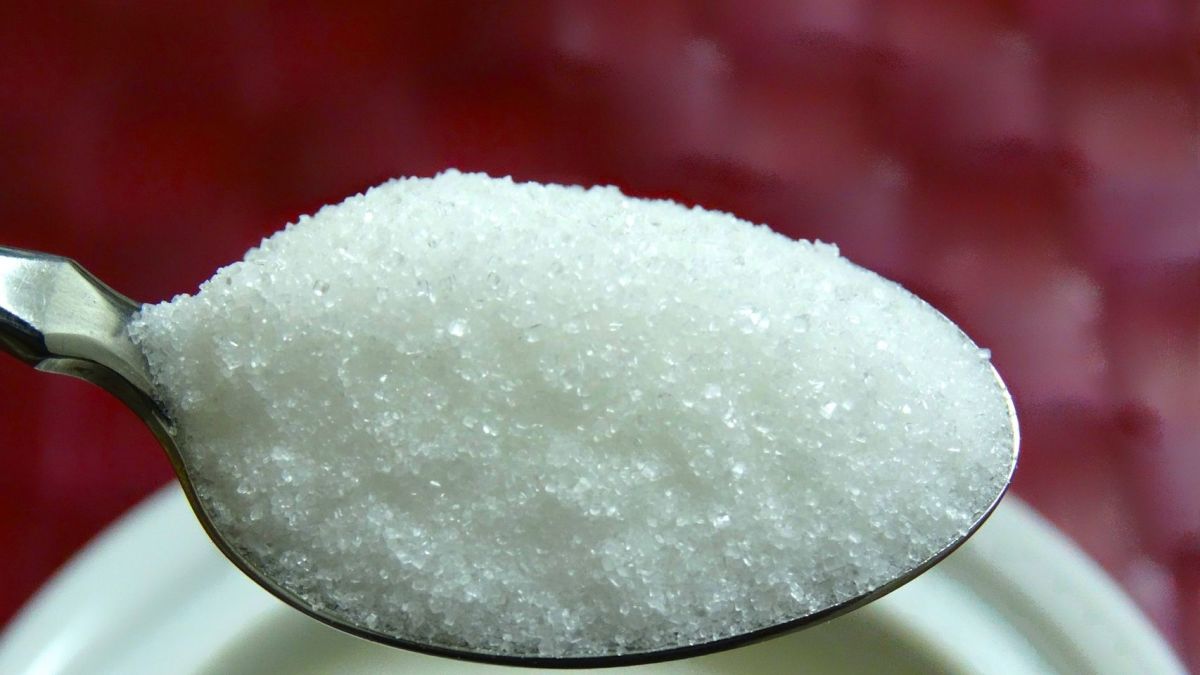Complicated Diabetes,Simple Explanation
Diabetes is a disease in which there is an excess amount of sugar present in blood.Though we all have some specific amount of sugar in our body as sugar is a sort of fuel which provides energy to perform basic processes.This sugar comes from starchy carbohydrate foods like spaghetti,rice,potato,bread,jams,biscuits,chocolates sugar itself.
Normal metabolic process
Why we eat food ? Our body needs fuel for all its basic processes and constructions.This fuel is provided to our body by us in the form of food we eat.This food contains mainly three energy providing components (in different proportion) namely carbohydrates,protein and fat.These components of food is at first broken down in our digestive tract with the help of series of chemical reaction(metabolic process)into more absorbable form so that they can be used for body's basic processes.Thus protein break down in to amino acids,fat in to fatty acids and carbohydrates in to glucose(sugar).
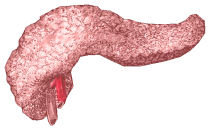
Sugar Balance in Normal(non Diabetic) Person
In normal healthy person stomach breakdown carbohydrates from food into sugar(glucose).This glucose enter in to blood stream and through which to the cells of our body where it can be used to provide energy.Now the interesting part,this glucose can not enter in to the cells directly as it requires a key to open the lock of cells.This key is provided by a hormone insulin secreted by an organ pancreas by its islets(cells) of langerhans.Thus when the level of glucose increases it stimulate the pancreas
to release the right amount of insulin to push or allow glucose in to the cells where it is used as fuel and the excess glucose is stored in liver in the form of glycogen.This is a wonderful mechanism efficiently done by insulin.
What happens in it
In diabetes this whole mechanism goes wrong as for some reason body (pancreatic cells, to be specific) either is not making enough insulin (or no insulin at all) or body cells become resistant to insulin and do not respond to insulin ,so cells remain locked and sugar (fuel) can not reach them.This excess unused sugar accumulates in blood clogging the energy system.Body makes hard attempt to get rid of it by excreting it through kidneys.Thus extra sugar is passed out in the urine.Now if you pass excess urine you will soon become very thirsty as you have to replace all the lost fluid.This explain two main symptoms of diabetes-passing a lot of urine (polyuria) and feeling thirsty all the time (polydipsia).Now cells are not getting fuel (glucose) you will feel tired and unwell.Though you are eating well your body is not making good use of it your weight will reduce.These explain another two major symptoms-loss of energy and loss of weight.
Types of diabetes
When diabetes occurs in severe form it is always due to complete lack of insulin and this leads to thinning and wasting untill it is properly diagnosed and treated.This type of patients must use insulin injections to control blood sugar.This is called Type1 diabetes.This more severe form usually seen in children and young people.Whereas in milder form of diabetes particularly in middle aged or elderly,pancreatic cell produces insulin but either it is insufficient or body cells are resistant to deal with an excessive intake of food.In short you develop diabetes because you have been eating too much while your supply of insulin is not able to cope.This is called Type 2 diabetes and it require certain diet restrictions,weight reduction and some medicines that helps body to use insulin better.An another type is gestational diabetes which occurs during pregnancy.Here hormonal changes during pregnancy effect insulin's ability to work properly.

What causes it
Frankly speaking,there is no definite cause of diabetes as causes of diabetes vary depending the individual and the type.
Type 1 diabetes is caused by combination of genetic predisposition and some other unknown factors which excite the immune system of body which in turn attacks insulin producing cells.
Causes of Type 2 diabetes are multifactorial.We can say these are the risk factors involved in causing type 2 diabetes.
√ obesity-heavier the weight,more the fat and higher the risk,as fat cells interfere with the body's ability to use insulin.
√ sedentary life style-inactivity leads to overweight.More over muscle cells have more insulin receptors than fat cells.So person can reduce insulin resistance by exercising.More active you are,more your insulin becomes effective in controlling sugar in blood.
√ unhealthy eating habits-too much fat,not enough fibres,too many simple carbohydrates in diet leads to type 2 diabetes.So by eating right food you can prevent diabetes.
√ family history and genetics-people with diabetic family member are more at risk for developing it in themselves.Actually diabetes itself is not inherited but tendency to diabetes is.Something else is needed to bring it out.
√ age - as age increases pancreas ages and it can not produce and pump enough insulin.Also as age increase cells resistance to insulin increases.Older the age greater the risk
√ sex-there are more young male diabetics then female.In middle ages women are more often affected.Repeated pregnancies in middle age and that too in obese women increases the chances of developing type 2 diabetes.
√ high blood pressure and cholesterol -infact these two bad boys are risk factors not only for diabetes but other many health disorders.
√ repeated or constant mental stress is also a risk factor in todays fast strenuous life.
√ gestational factor-many women who had gestational diabetes develops type 2 diabetes years later.Even their babies are also at risk.
√ secondary diabetes-A minority cases of diabetes occur as a result of some other disease conditions (as their symptoms) or secondary to the treatment (by corticosteroids,thiazide diuretics,atypical antipsychotics etc) of other diseases as their side effects.

What are the symptoms
Type1diabetes:-Symptoms are severe and develops suddenly.
-increased thirst.
-increased hunger(post meal).
-frequent urination.
-dryness of mouth.
-unexplained weight loss,even with good appetite and diet.
-tiredness,fatigue,laziness.
-blurred vision.
-laboured breathing.
-(rarely) loss of consciousness.
Type 2 diabetes:-There may be no symptoms at all in the beginning as symptoms develops very gradually and are in milder form.Sometimes when random routine checkup is done in which diabetes is detected.Many a times symptoms due to complications of diabetes is detected at first.There may be above symptoms that of Type1 diabetes.Other symptoms includes,
-slow healing ulcers and sores.
-itching of groin and vaginal area.
-recent weight-gain.
-numb feeling in hands and feet.
-there may be erectile dysfunction.
Complications of diabetes
Diabetes if remain undiagnosed or left untreated for long time can lead to serious and long term complications.Even mildly raised blood sugar which is not causing any symptom can have long term damaging effect on body organs.
Most complications of diabetes are the result of problems with blood vessels.High blood glucose level in blood for long time make small and large blood vessels narrow (atherosclerosis) thereby reducing blood flow to many parts of the body and leading to serious problems.High blood sugar also helps in atherosclerosis increasing fatty substances in blood.
Atherosclerosis----
-of heart vessels leads to angina and heart attack.
-of peripheral blood vessels leads to hypertension.
-of kidney's nephrotic vessels leads to kidney failure.
-of eyes' retinal vessels leads to blurred vision or loss of vision.
-of digestive system leads to nausea,vomiting,diarrhoea or constipation.
-of skin leads to ulcers and infections,slow healing of wounds,often leading to gangrene.
-of brain vessels leads to stroke,paralysis.
-of nerve cell vessels leads to diabetic neuropathy (damage to nerves) and symptom of which depending upon nerves affected are-numbness,tingling,pain and burning feeling or abnormal sensation of a body part,muscle weakness,loss of bladder control,erectile dysfunction,dizziness,difficulty in swallowing,retrograde ejaculation(semen enters the urinary bladder instead of emerging through penis)in male, etc.
Diabetic ketoacidosis (DKA) ---- it is an another severe complication of diabetes (especially type 1).In DKA due to severe lack of insulin body can not use sugar for energy so start break down another body tissue as an alternate energy source leading to produce ketone as a by product.Ketones are poisonous chemical cause the body to become acidic.Its symtoms are dehydrated look,deep-gasping-laboured breathing (kussmaul breathing),abdominal pain, etc.
Miscarriage and still-birth---are pregnancy related complications of diabetes in women.
Hypoglycemic coma ----is also a serious complication of diabetes,rather a complication of treatment of diabetes where blood sugar level abnormally diminished resulting in impairment of brain function and coma or death also.
Now the management
Diabetes management plans include following points.
√ diabetes education to patient to promote awareness.
√ diet and life style-healthy diet,weight loss (if patient is overweight),smoking cessation and regular physical exercise.
√ good blood glucose control with minimum side effects of the treatment like hypoglycemia (low blood sugar).
√ reducing complications of diabetes.
Type1 diabetes need insulin injection and need to eat healthy and rightly balanced diet and regular exercise.Insulin can't be swallowed because it is destroyed by digestive juices in the stomach.
Type 2 diabetes patient need to eat healthy diet that contain right balance of food and regular physical activity and some tablets or combination of them as decided by your doctor to control your sugar.The aim should be keeping patients' fasting blood glucose between 70 to 130 mg/dl and post prandial (two hours after meal) blood glucose less than 180 mg/dl.
It is difficult to cure diabetes completely but can be easily and successfully managed.
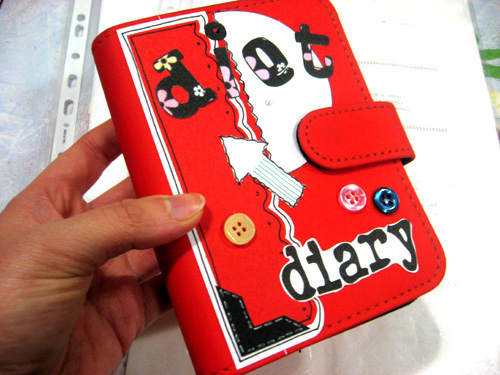
Dietary tips for diabetics
√ fill half of your plate with fruits and vegetables,one quarter of your plate with whole grain,brown rice and whole wheat and one quarter of your plate with beans,chicken or turkey.
√ eat three to four meals a day,avoid skipping meals .
√ your each meal should include starchy carbohydrate food like bread,pasta,chapatis,potatoes,yam,rice,cereals, etc as they are slowly absorbed.Likewise you should try to avoid simple carbohydrates like sugar,ice cream,sweets,cold drinks, etc.as they got absorbed very fast and raises the blood sugar level quickly.
√ reduce salt intake to 6 gram or less a day.
√ get plenty of fibres in the form of fruits,vegetables,beans,nuts and seeds as fibres have no caloric values plus they prevent constipation also.

